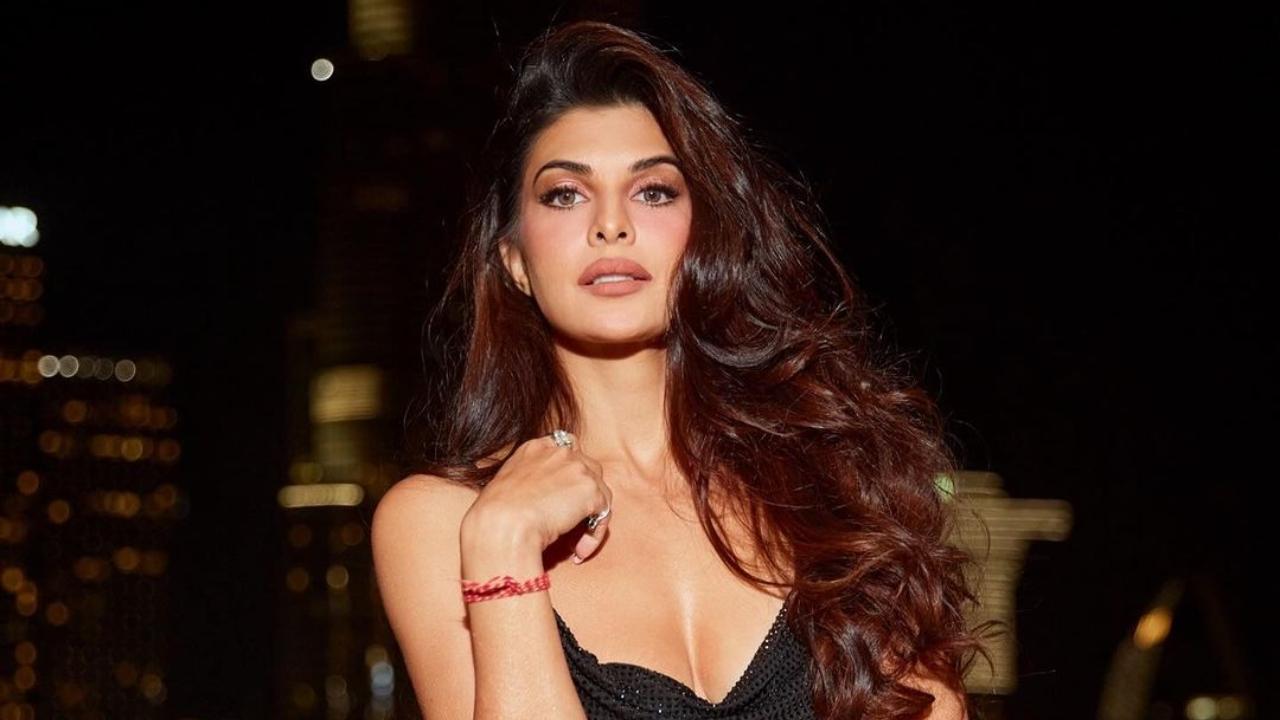
In a recent turn of events, a conversation heated with cinematic critique and defense unfolded as veteran screenwriter and lyricist Javed Akhtar took a stand against comments made by filmmaker Sandeep Reddy Vanga regarding Akhtar’s perspective on the film ‘Animal,’ featuring actor Ranbir Kapoor.
During an exchange with Mojo Story, Javed Akhtar elaborated on his stance, emphasizing that Sandeep Reddy Vanga’s liberty to create films like ‘Animal’ was not under scrutiny. His concern was directed more towards the audience that lavishly praised the film. Akhtar stated, “I was not criticising the filmmaker at all. I think in a democratic society, he has the right to make one Animal, and many Animals.” Although he admitted to not having seen ‘Animal’ himself, Akhtar asserted that as a creator, Sandeep’s portrayal of characters is within his rights as offered by the Constitution.
The discourse between the two industry veterans escalated when Sandeep Reddy Vanga called out Akhtar for condemning the alleged misogyny in ‘Animal’, while apparently overlooking similar issues showcased in the Prime Video India Original series, ‘Mirzapur’, which is produced by Farhan Akhtar’s Excel Entertainment. Javed Akhtar’s response to this was filled with a blend of flattery and sarcasm as he stated, “In 53 years of my career, he could not find one film, one script, one scene, one dialogue, one song. So he had to go to my son’s office and find a TV serial.”
Akhtar, whose career spans over five decades, found it telling that Sandeep Reddy had to make references to a television serial associated with his son, rather than any of Akhtar’s vast and direct contributions to the film industry. He said, “It flattered me to no end. 53 years ke career mein tum kuchh bhi nahi nikaal paye (You couldn’t find anything sexist in 53 years of my career)? What a shame.”
In a rebuttal, the team behind ‘Animal’ engaged in this dialogue by questioning Akhtar’s understanding of the themes in their film. They contested his views on love and its portrayal, away from what they suggested was the “politics of gender”. A point of contention was the depiction of lovers in moments of betrayal and subsequent commands that border on humiliation. They argued that a gender reversal in the scenario would have been met with commendation under the guise of feminism and that the scenario should be viewed devoid of gender biases.
The conversation encapsulates a broader debate on creativity, artist freedom, audience interpretation, and evolving social norms. As Javed Akhtar reflects on his irrefutable contributions to Indian cinema and literature, his dialogue with the makers of ‘Animal’ opens up channels for discourse on artistic expression and the responsibilities that may come with it in contemporary society. This exchange underscores the ongoing discussion about the content in the Indian film industry, its impact on the audience, and the ever-present call for creators to exercise sensitivity and awareness around the messages their works may convey.










